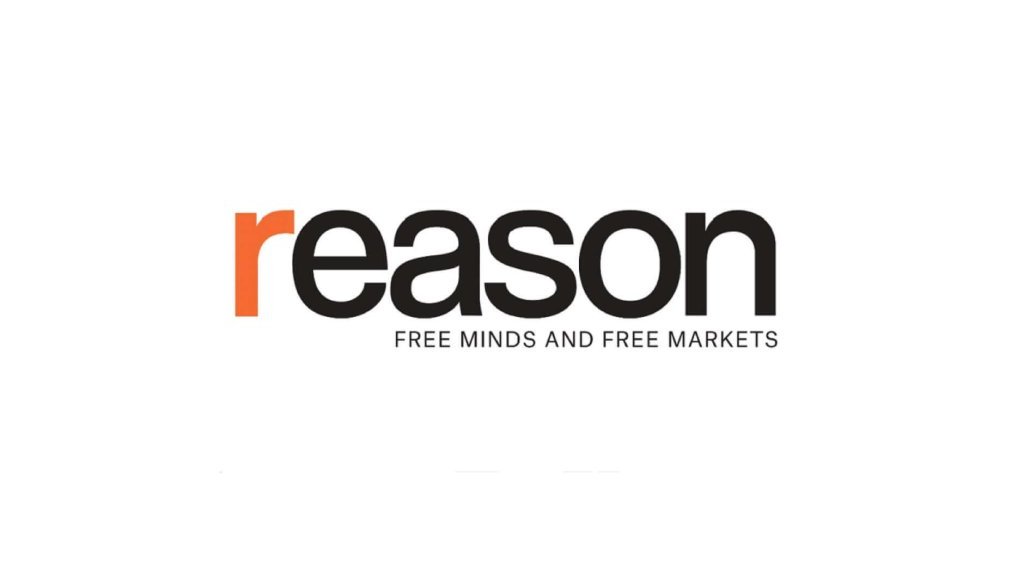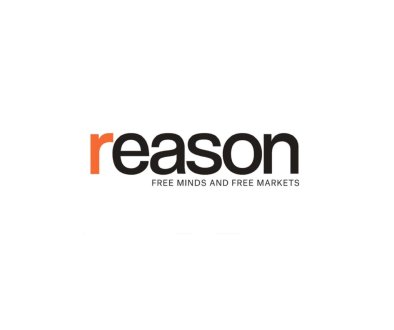Theoretical Reasons to Favor Symmetry
My last post on my new book Constitutional Symmetry discussed how a preference for symmetry would operate in practice. It also suggested that a preference for symmetry is already an inchoate feature of our law: it is a value embodied in contemporary interpretive practice, just not with sufficient clarity and rigor.
But if symmetry is already a part of interpretive practice, is this practice justified? In fact, as I mentioned, at least three sets of conventional theoretical considerations support a preference for symmetric constitutional understandings.
First, preferring symmetry accords with the character of our Constitution. We have what some scholars have called a “framework” constitution: for the most part, our constitution, unlike some others around the world, sketches the basic structure of our government without providing many details about its practical operation.
This open-ended character may be part of the reason why courts have assumed such importance in interpreting the U.S. Constitution. But it also supports exercising that interpretive function in a manner that respects disagreements instead of squelching them. Symmetry meets that goal: it orients interpretation toward maintaining the framework for continued political contestation rather than toward resolving immediate political fights.
Beyond its framework character, moreover, the framework our Constitution establishes has a particular orientation. Rather than take substantive choices off the table, the U.S. Constitution by and large prescribes democratic procedures for resolving any substantive policy conflicts that arise. There are exceptions, of course, but as John Hart Ely argued forty years ago in his classic Democracy and Distrust, this overall procedural orientation means that counter-majoritarian judicial rulings best accord with the Constitution’s own character when they aid the political process rather than supplanting it.
During the period that Ely retrospectively theorized, the most important democratic distortions related to race and other oppressed identities, so the Supreme Court could best aid the political process by scrutinizing laws that disadvantaged those groups.
Today, problems of prejudice and disadvantage persist and counteracting them is an important
Article from Latest

The Reason Magazine website is a go-to destination for libertarians seeking cogent analysis, investigative reporting, and thought-provoking commentary. Championing the principles of individual freedom, limited government, and free markets, the site offers a diverse range of articles, videos, and podcasts that challenge conventional wisdom and advocate for libertarian solutions. Whether you’re interested in politics, culture, or technology, Reason provides a unique lens that prioritizes liberty and rational discourse. It’s an essential resource for those who value critical thinking and nuanced debate in the pursuit of a freer society.




